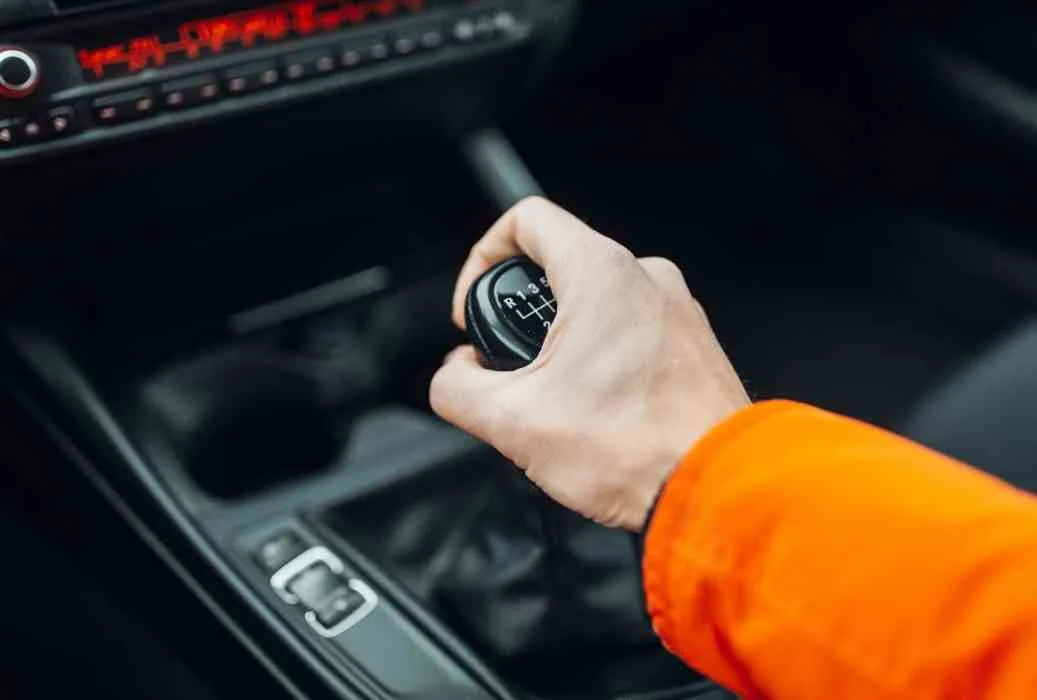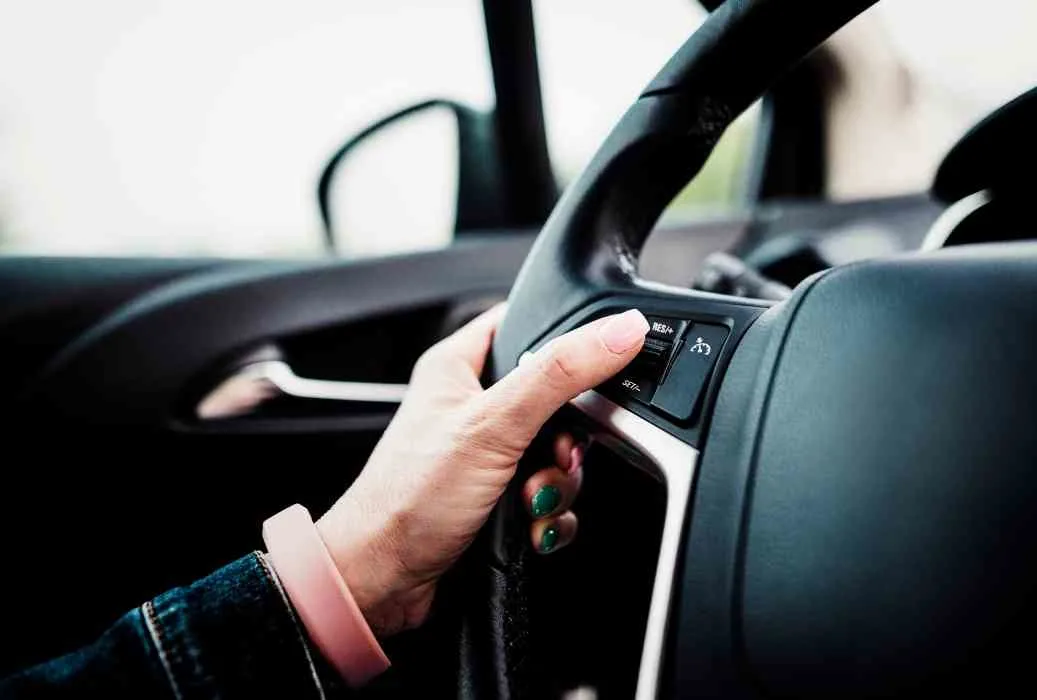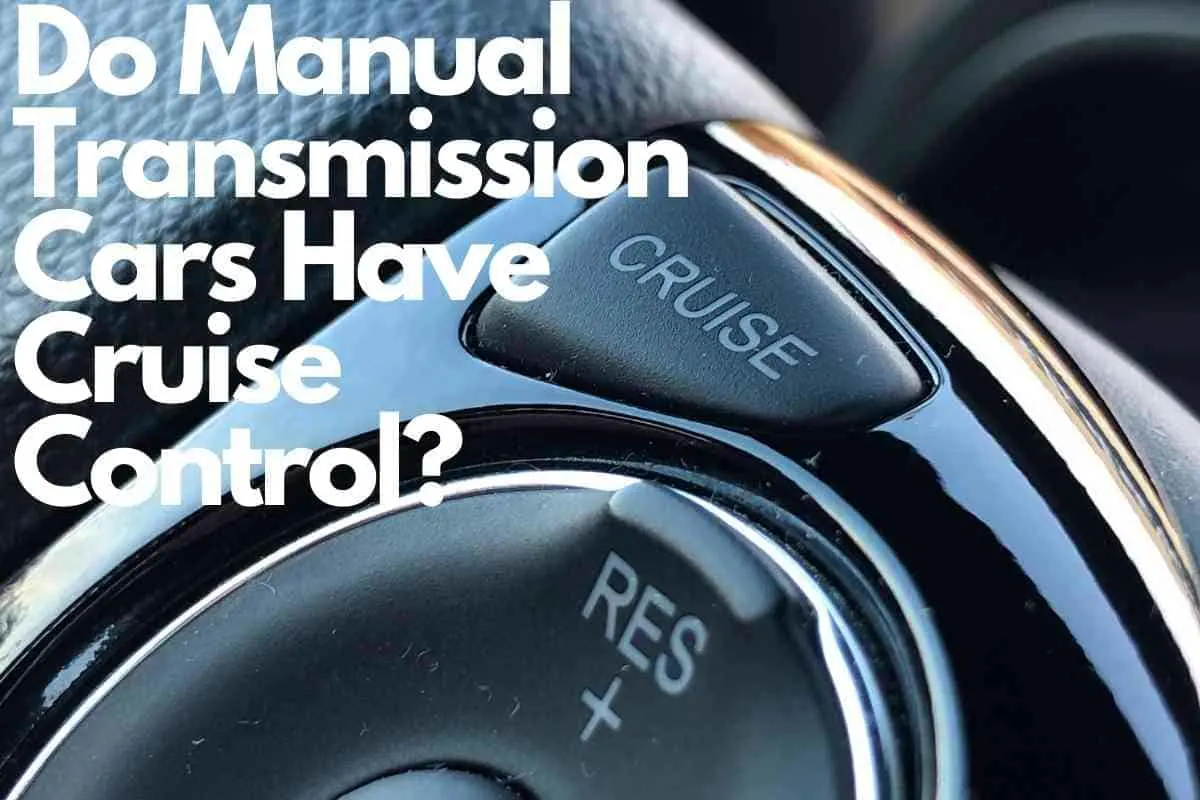Cruise control is an awesome feature for anyone hitting the highways.
Many people with manual transmission vehicles don’t know if their cars have this magnificent feature.
If you drive on the highway a lot and are considering a manual vehicle, you definitely need to know whether manual transmission cars have cruise control or not.
Manual transmission vehicles often do come with cruise control, although it works a little different from the cruise control in automatic vehicles. Adaptive Cruise Control (ACC) comes standard on most new Manual vehicles and can safely be engaged so long as you plan on remaining in the same gear.
When safely engaged, cruise control is an excellent feature that can ease some of the strain of long car rides.
Knowing what cruise control is and how to engage it, especially in manual transmission vehicles, is crucial to safely operate your vehicle.
Continue reading for all you need to know about manual vehicles and cruise control.
What is Cruise Control In A Stick-Shift Car?
The cruise control is an electronic system that allows a driver to maintain the vehicle’s accelerator at a certain speed even when they take their foot off the gas pedal.
It’s comparable to driving on autopilot. It works best on straight roads with less traffic.
Vehicles with manual transmission require the drive to manually depress the clutch pedal and shift into the gear they need.
If the vehicle has cruise control, this will automatically cause the cruise control to disengage.
Therefore, manual cars will benefit from cruise control on highway/motorway speeds where one gear is used the whole time.
Adaptive cruise control (ACC) has slowly but surely started replacing the standard cruise control. This is because of the number of vehicles on the roads today.
It works in the same way as the normal cruise control but with smart speed management. It speeds up and slows down depending on the speed of the vehicle ahead.
This helps prevent accidents even if the driver didn’t respond fast enough.
Almost all vehicles nowadays are manufactured with adaptive cruise control as a standard feature.
The feature maintains a safe distance from the vehicle ahead and will slow down or stop if the other vehicle does the same.
It will also resume the previous speed if the car in front does the same.
Read on to understand the importance of cruise control especially in manual cars and how it affects your car’s engine.

Adaptive Cruise Control on Manual Cars
It’s important to know that the adaptive cruise control disengages every time you hit the clutch.
Therefore, you will turn on cruise control after you have already shifted your gears.
This doesn’t affect you much anyway because it means you are either looking to slow down or speed up.
It also disengages when the RPM is either too high or too low.
If it detects slow traffic ahead of you, it will slow down as long as the speed difference doesn’t lower your RPM too much.
If you need to downshift because your RPM dropped too low, the system will automatically turn off.
Manual cars have a problem with cruise control when going up steep terrains.
You will have to turn off cruise control in such a situation and only restart if after you have adjusted your gears.
Considerations for Using Cruise Control
Advantages
- It comes in handy during long drives on highways and roads with little to no traffic. It can be helpful to a fatigued driver as well as safely allow the vehicle’s positioning changes.
- It’s useful for drivers who unknowingly increase speeds while driving. It helps them avoid violating speed limits by maintaining a steady speed.
- It’s fuel-efficient as it helps the vehicle maintain a steady speed.
Disadvantages
However, it’s not always going to work out while using cruise control with accidents as an extreme consequence.
There are a number of cons that can occur when cruise control isn’t used correctly. They include:
- Cruise control doesn’t work properly during harsh weather conditions.
- There may be an acceleration round bends that require the vehicle to slow down.
- Rough terrain can mess with the cruise control controls.
- It makes drivers dependable on the feature thus paying less attention to the road when driving. This could lead to serious accidents.
- Inattentive drivers are at risk of Sudden Unintended Acceleration (SUA). This happens when a driver accidentally hits the accelerator when they meant to hit the brakes in an emergency, causing an accident.
Will Cruise Control Mess up Your Engine?

Cruise control won’t affect your engine negatively if your vehicle is automatic. When used correctly, it saves you money in the long run.
Because of its smooth acceleration, your vehicle becomes more fuel-efficient.
In manual cars, however, there might be some lag when going up steep terrains. In the long run, it is possible to cause damage but, in most cases, it’s okay to use.
Cruise Control In Manuals
As discussed above, many car manufacturers are moving from normal cruise control to adaptive cruise control.
Manual cars do have cruise control although it works a little different from the cruise control in automatic vehicles.
Cruise control is useful for long drives and ends up saving you money on fuel and speeding tickets.
